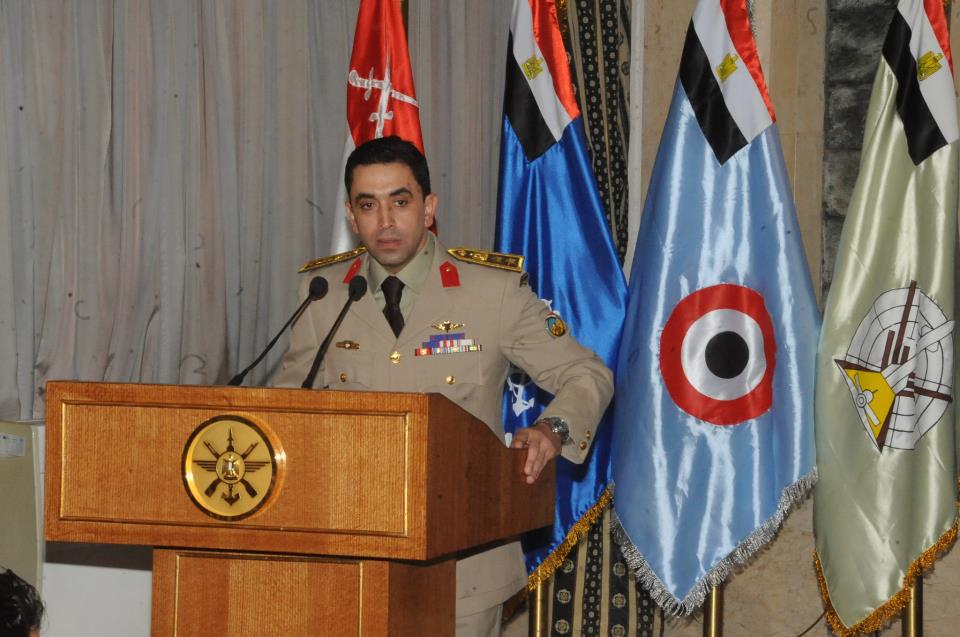
(AFP Photo)
Amnesty International strongly criticised denied legal rights to detained supporters of ousted president Mohamed Morsi in a Thursday press release.
There have been several cases of protesters, according to the rights groups’ documentation, in which detainees were not granted access to lawyers and relatives, “or an opportunity to challenge the lawfulness of their detention and their arrest.”
“The failure of the Egyptian authorities to respect due process for people who have been arrested is a worrying sign,” said Philip Luther, Amnesty International’s Middle East and North Africa director. “…it is unacceptable for supporters of Morsi or the Muslim Brotherhood to be singled out for unfair treatment based on their political affiliations.”
The press statement said Amnesty International was “concerned” that many of those arrested had not committed criminal offences, but were “merely exercising their right to freedom of expression and assembly by protesting in support of…Morsi.”
“The way Egypt’s judicial system deals with these cases will test whether it can truly perform its functions fairly and impartially, free from the influence of the executive,” added Luther.
The group said that those arrested at the dispersals of Rabaa Al-Adaweya and Nahda Square were denied access to lawyers for at least four days and Muslim Brotherhood lawyers were not able to attend investigations because interrogations were carried out during curfew and in undisclosed locations.
Earlier this week, the Front to Defend Egypt (FDE) said that at least 3,059 protesters had been arrested in Cairo since Morsi’s removal.
The group of independent lawyers reported difficulties in gaining access to detainees.
Amnesty International also said arrested protesters were sometimes not granted medical needs, including a woman with a broken leg who was held for four days before being taken to a hospital or seen by a doctor, with her requests to do so being rebuffed.
The press statement also said that at least 250 people were being held in Al-Salam Central Security Forces camp, an unofficial place of detention.
The Ministry of Interior’s press office said that “all arrests were carried out according to decisions by the prosecutor general,” and that arrest powers under state of emergency had still not been utilised by security forces.
Egypt’s state of emergency, which was slated to last one month, was extended an additional two months on Thursday.
Groups including the Muslim Brotherhood have staged marches and protests since Morsi’s ouster in early July and following the violent dispersal of Rabaa Al-Adaweyalast month. Security forces have arrested prominent Brotherhood members including Supreme Guide Mohamed Badie and his deputies Khairat El-Shater and Rashad Bayoumi, who all stand trial for killing protesters on 30 June in Moqattam.


